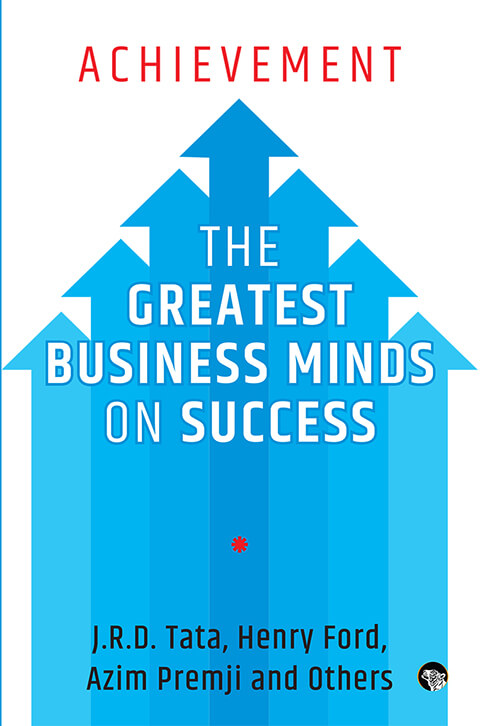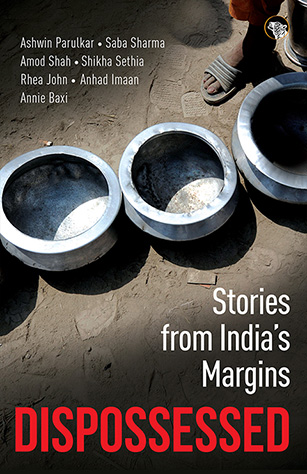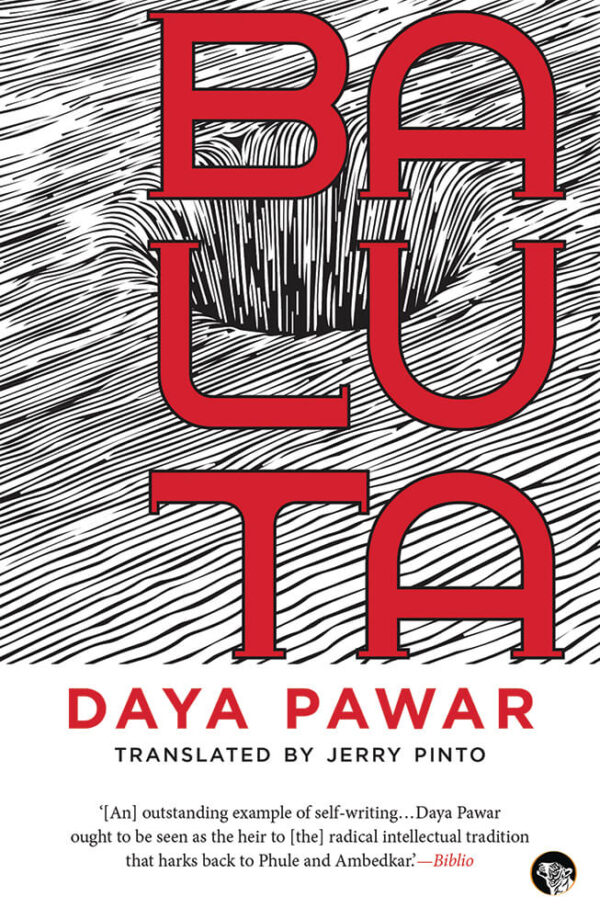In sheer magnitude, the Partition was the most cataclysmic event in the history of Delhi. It witnessed the arrival of half a million Hindu and Sikh refugees in the city and the flight of 350,000 Muslims from it. It was thus a period not only of displacement but also of resettlement, one that requires closer analysis if we are to understand the current challenges that face India’s capital.
Rotem Geva sees decolonization as a process that unfolded from the late 1930s into the mid-1950s, and looks carefully at the structural changes that impacted the politics of both the Muslim League and the Congress. Why is it, she asks, that the demand for Pakistan took root in Delhi when its strongest advocates would ultimately find themselves outside its borders? Why did a relatively peaceful city in previous decades, a centre of Muslim life, erupt in violence in 1947, and that too on such a massive scale? How did the ethnic cleansing that happened reshape the city? And what does the official response to the law-and-order crisis reveal about the architects of independent India and their visions for the new nation?
Delhi Reborn chronicles how a nebulous concept—Pakistan—became concrete in the imagination and practice of the city’s residents in the 1930s and 40s. It also describes the struggle, after Independence, between the urge to democratize political life in the new republic and the authoritarian legacy of colonial rule. A significant contribution to the discourse on India’s horrific partition, this book is also a brilliant examination of the kind of city, and nation, it left behind.





